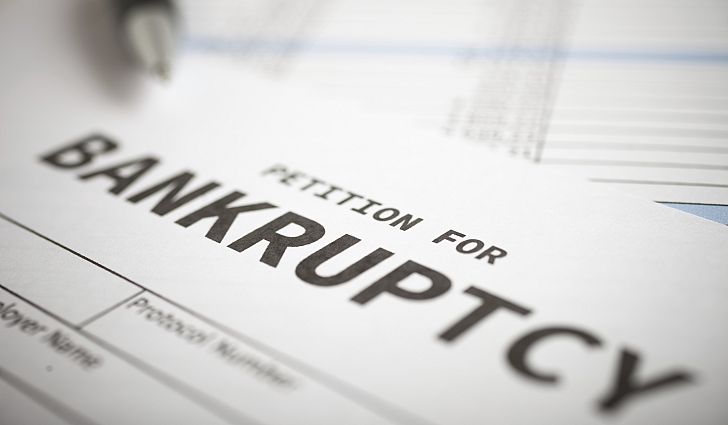American-style personal bankruptcy is something that needs to be cherished. Having a way to start over when you are down on your luck is an exceptional invention. China, the world’s most populated country, does not have personal bankruptcy.
One of the most ardent arguments against personal bankruptcy is that it enables deadbeats. That argument was the sole reason Congress passed, and President George W Bush signed the Bankruptcy Abuse Prevention and Consumer Protection Act on April 20, 2005. The law made it more challenging to file chapter 7 bankruptcy.
Debt You Can’t Discharge
Chapter 13 personal bankruptcy is more accessible to file than chapter 7 because it does not discharge your debt. You have to submit a three-to-five-year repayment plan to repay all or part of your debt. Your creditors can disagree with the repayment plan you submitted to the courts. However, the bankruptcy judge has the final word, not your creditors.
If you meet the court’s requirements to file for chapter 7 bankruptcy, you can discharge all or part of your debt. Here’s a list of debt that you can discharge through Chapter 7 personal bankruptcy:
Your qualified retirement accounts such as traditional, rollover, and Roth IRAs are protected from creditors during both chapter 13 and 7 bankruptcies. You can have up to $1 million in your qualified plans and file for bankruptcy with no problem. Also, your homestead or primary residence is protected from your creditors.
It is clear from the above list why debt 2 through 5 can’t be discharged through bankruptcy. However, the purpose of the personal bankruptcy was to give people a chance to start over. Excluding student debt from bankruptcy proceedings is against that purpose.
Millions of Americans went to college and graduated with a degree that swiftly became obsolete. Many of them would love to get a high-paying job, but those jobs are not available to them. The gig economy is filled with workers with undergraduate or graduate degree, or both.
The Bankruptcy Abuse Prevention and Consumer Protection Act is a misnomer; its ultimate purpose is to protect the free market enterprises. Dubious finance companies can force predatory lending upon consumers because they know the laws protect their investments.

Pingback: 9 Common Bankruptcy Myths - Personal Finance FMC